Why movie adaptations of games tend to miss the mark
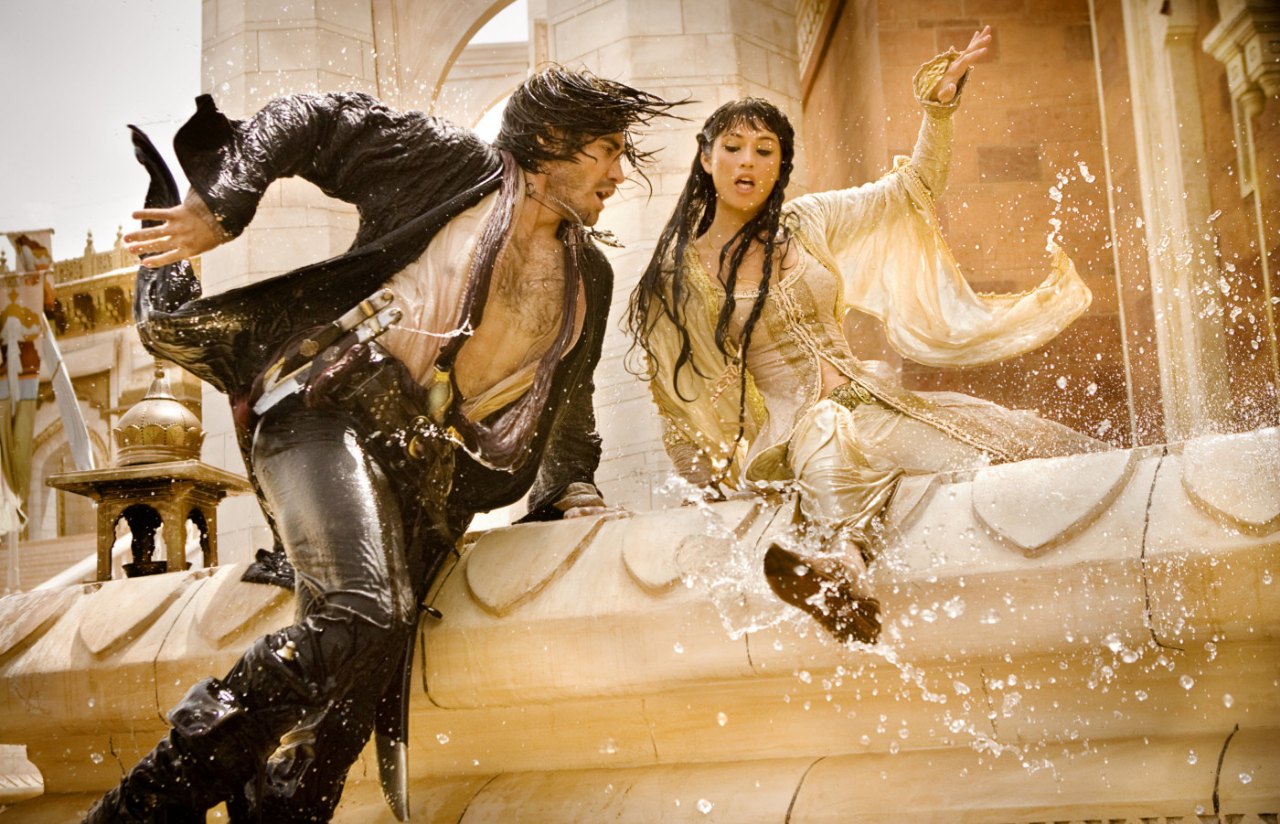
Hollywood has tried countless times to adapt video games into movies for the masses. A recent example would be the adaptation Uncharted, which featured some of the industry’s biggest stars, such as Sophia Taylor, Tom Holland, and Mark Wahlberg. This film ended up becoming a box office hit, grossing over $400 Million on a budget of $120 Million, becoming the fifth highest grossing video game film of all time.
However, despite its commercial success, the film received negative reactions and reviews, leading it eventual be dubbed a ‘flop’ by fans of the franchise. Many critics mentioned the films lacked key elements that made the game franchise special, and the story didn’t really relate to the game in anything but name. This left many fans and critics with the same sentiment: “Let a game be a game; it doesn’t need a movie adaptation.”
Now, this is not the only game adaptation movie that has failed. Many have faced similar issues. This has raised eyebrows and made people wonder why movie adaptations of games tend to miss the mark. This could be due to many reasons, but we’ll talk about a few obvious ones.
Video games are interactive, while movies aren’t
In every video game, players control various aspects, from choosing their characters to influencing the entire game world. This gives them full influence over the narrative and story progression, creating an interactive experience that deeply engages them and affects the unfolding story. For instance, Clash of Clans allows players to form clans, customise villages to their preferences, and engage in battles with other players, making the experience active and engaging.
Interactivity is a huge part of what gamers look for in a product, with games that stray from an acceptable level of player input being openly mocked and dubbed “walking simulators”. How much a player can interact with a game seems to be tied to its success – for example, the video game Witcher 3 found record-breaking success by offering players access to the world they were immersed in. This can also be seen far outside of the mainstream gaming genres. The iGaming sector, for example, has experienced a massive uptick in user engagement, which has been attributed to the ease of access with mobile devices – but more importantly, the games on offer have become more interactive. When looking through the list of top platforms listed on CasinoSherlock, you’ll see they offer live dealer games. These games allow players to interact in real-time in the game, in an unprecedented level of interactivity for the online gaming space.
However, the experience with movies is entirely different. They lack the direct interactivity that video games offer, making it difficult for the medium to conjure the same reactions and immersion fans expect from a franchise. The film places the viewer as a passive observer, silently empathising with characters. It’s almost impossible for a medium like that to emulate the feeling of control, connection and cooperation that gaming brings to the table. In shorter terms, movies happen for you and games happen to you.
In video games, there is built-up tension, especially in fighting and shooting games, where the thrilling feeling of hiding and avoiding enemies is part of the fun. This emotional attachment to games lasts as long as players engage with them, unlike movies, which typically conclude within two hours, ending any emotional connection abruptly.
Also, movies follow a predetermined script with a set beginning and end, often resulting in the loss of the original story’s essence, which leads to the failure of adapting the games successfully.
Lose the storyline
An important thing to note is that every video game has a background story. For this reason, people are drawn to it, and that’s what keeps them hooked to their gaming pads. When fans see these games being adapted, they are curious and anticipate seeing a storyline similar to the game, or even extended.
Now, here is another aspect where they miss the mark, and it gets super obvious. Most movie scriptwriters change the whole storyline, and some even go as far as including characters that are not in the game itself, making it seem entirely different. In the process, the fans’ interest gets ruined, and they just do not rate it well, leading to disappointment with the outcome of the movie adaptation.
Some movie adaptations of games even try to tell the background story but it just feels rushed, and in the process, misses the most important parts of the whole story that would add to its relevance.
Take a look at House of the Dead, which is a shooter arcade game franchise that involves fighting armies of the undead with guns and all of that. The video game has thousands of players who spend time enjoying the thrilling gaming experience. When the movie adaptation came out, fans thought it was going to shed more light on the game, leading to many people checking it out. However, many were left disappointed because it had a storyline of a group of students stranded on an island filled with zombies, which is a completely different storyline from the video game. This difference killed the fun.
Failed aesthetics replication
This may seem minor, but we assure you that it is, in fact, one of the major reasons movie adaptations tend to miss the mark. One of the biggest things that a video game enthusiast looks out for is the aesthetics. But the question is, how many movie adaptations of games have successfully replicated them? Not many.
Let’s highlight that many players do not go for a game if they do not like the overall style, graphics, visuals of the characters and uniqueness of the game. Instead, they’ll pick a game that fits their style. This just proves how aesthetics are prioritised among players, which is why expectations are raised for movie adaptations, but sadly, are not met.
Most movie adaptations of games tend not to bother with replicating the aesthetics. It’s not that fans want a total replication, but at least something a little similar. Because of this, they watch the movie and are left with the question: “Is this really the same game or another?”
Can we say the reason for some of the failed replications is because of the low budget of the movie production? Well, perhaps, but not entirely, Because before adapting a game into a movie, one of the major objectives is to have is a big budget, because it is difficult to replicate.
Bear in mind that the aesthetics or visuals of games themselves tell a story. Once they are discarded in the movie, it is considered boring. If we look at the Mortal Kombat movie released in 2021, it was quite successful despite facing a few criticisms, but one thing that kept the fans interested is how they replicated the sequences that reminded the audience of the game.
Actors mismatch
Every video game has a whole team behind the scenes, from voice actors to game creators and performers. They are the backbone of how these games operate and one of the many reasons why fans stick to playing them.
However, most movie adaptations tend to miss the mark when they replace the actors for various reasons, such as wanting to use famous actors to draw in viewers, or if the game actors do not fit the character because of their physical appearance. With that, talents are lost, and many times the actors used end up not portraying the characters well, giving a bad performance that waters down the character.
At the end of the day, many of these movies still do well due to the popularity of the famous actors, but among gamers, many tend not to be impressed. Their reason for watching the movies is to have a feel of the game, not because of the status of the actors. Once the actors deliver a poor performance, it leads to bad criticism from the majority of gamers.
Lastly, another minor reason why the original game actors don’t end up being cast in the movie is because of the budget. Many people avoid sponsoring these movies because they see them as a waste of investment due to the recurring failure of many movie adaptations. As a result, many productions just go for actors who they can afford.
Conclusion
Is there a bright future for movie adaptations of games? We can’t say for sure, because it is extremely difficult to make passive viewers out of people who like to be involved in a game. However, if filmmakers can conduct enough research on what appeals to the audience and try to make a game storyline relatable, there might be a change.
Super Mario, which is the most successful film adaptation yet of a game, grossed over $1.36 billion. This success is because the filmmakers followed the storyline, creating a semblance to the game’s backstory. Even if many filmmakers want to create something different, they should at least do it right and not miss the fun of the game.
The editorial unit








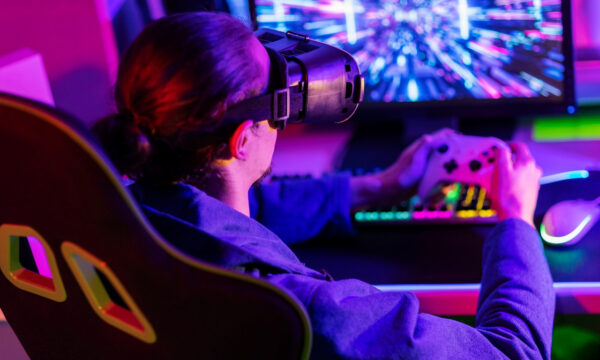
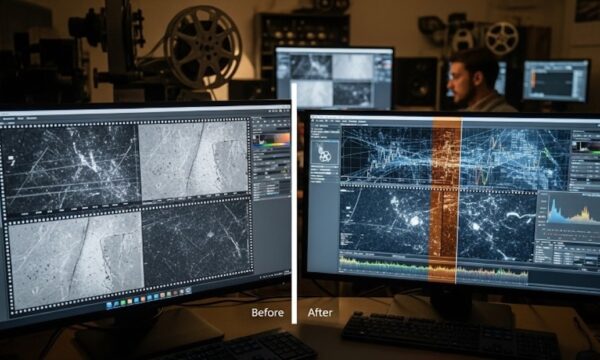


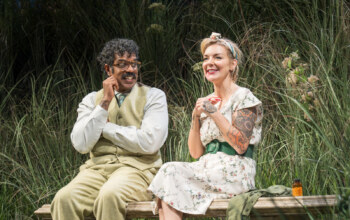




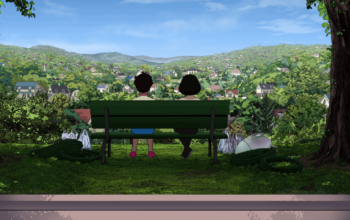





Facebook
Twitter
Instagram
YouTube
RSS